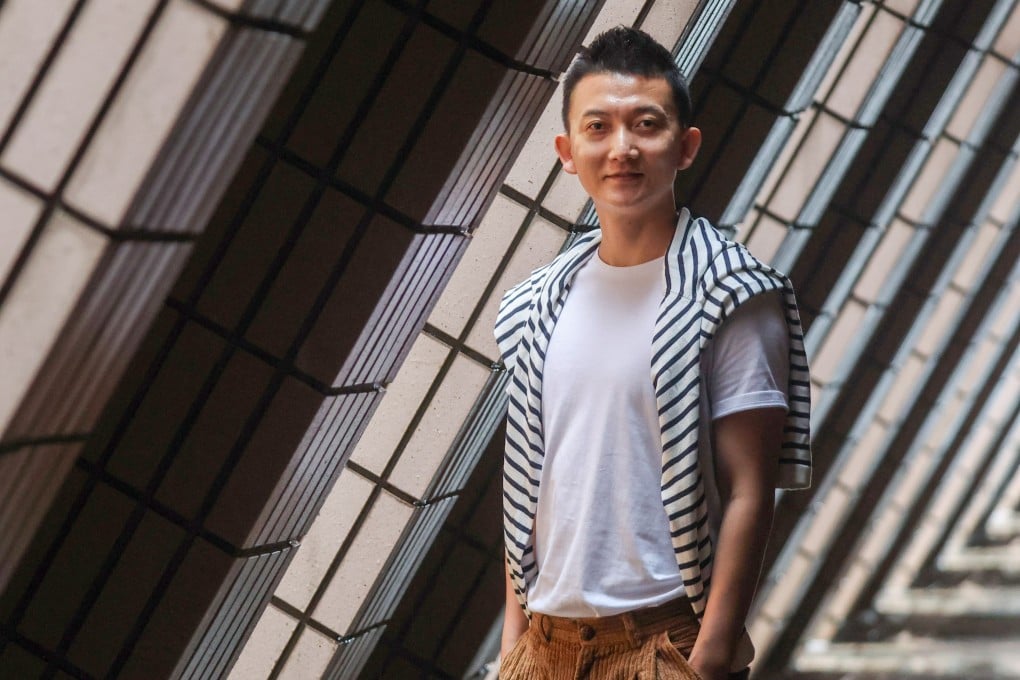Profile | ‘I wanted to create something’: Hong Kong Ballet choreographer Ricky Hu on why he switched from dancing, and finding his artistic voice
- Born in China, Ricky Hu’s passion for dance led him to study in Shanghai and New York before becoming a dancer and ultimately a choreographer in Hong Kong
- Ahead of a new work featuring Leslie Cheung songs in the city’s International Gala of Stars programme, he opens up about his life and career

“I was in the shower when it came to me.” Ricky Hu Songwei, choreographer-in-residence of Hong Kong Ballet, is explaining how he found the inspiration for his award-winning 2022 work The Last Song.
The 37 year-old says he’d been wanting to do a piece set to the music of Johann Sebastian Bach, but hadn’t found the right theme. Then, mid-ablution, Oscar Wilde’s story The Nightingale and the Rose popped into his head.
A parable of romantic love, it’s about a bird that uses its last song to produce a red rose for a lovelorn but undeserving student. Hu chose an abstract treatment that explores the relationship between an artist and his muse, symbolised by the nightingale.
The Last Song received the Hong Kong Dance Award for Choreography and was commended for being “a memorable work, beautifully structured, technically assured, and above all, deeply moving”.

Hu was born in China’s Jiangxi province – better known for rice noodles than cutting-edge performing arts – but he fell in love with dance at the age of six after seeing it on television.
Government talent spotters came to his school and picked him to play piano. “When I heard that I had to learn piano, I was very sad, because I wanted to dance. After piano class I would run to watch the dance class,” he says.